Saving lives
The importance of such partnerships is illustrated by an example provided by Dasher, involving a medical technology company. He described a collaboration between a senior electrical engineer in Silicon Valley — with innovative ideas for medical image analysis — and a professor in China.
"China has eight times as many medical images as the United States does. So, he cooperated with a professor in China, and the two of them have created a company about medical image analysis to detect cancer," Dasher said.
"That's a very good use, where China has data that is useful for everyone, and we have a technology idea. I think that kind of thing will continue."
The benefits of international cooperation extend to the overall strength of the U.S. technology sector. Dasher said one of the key strengths of Silicon Valley has been its diversity, with 13 percent of the technical workforce born in China.
"We've benefited from foreign people who come to the United States as students and continue to work here. I think that it's also the case where some Americans may want to go to China and work in China. So we need to maintain a very good, safe environment for people to cooperate," he emphasized.
With dwindling government investment, the U.S. industry began taking the lead around 1981 and now dominates U.S. research investment with a 75 percent share, compared with the federal government's 20 percent.
The strengths of the private sector in advancing scientific and technological development, however, have been challenged by the U.S. government's "national security" measures aimed at containing China's development in science and technology.
The biotech industry provides a stark example of the potential consequences of decoupling. Many achievements under the STA, such as U.S.-China collaborations on gene editing research that have created disease-resistant crops and improved yields, are at risk of being reduced to historical footnotes.
Patrick Beyrer, a researcher at the Asia Society Policy Institute's Center for China Analysis, said a potential U.S.-China biotech decoupling is being expedited while everyday Americans aren't adequately prepared for the consequences.
He cited the example of WuXi AppTec as a "research superstore" for its U.S. partners, and WuXi Biologics, the second-largest biologic outsourcer in the world.
Recent policy recommendations from the U.S. House of Representatives' select committee on China have described U.S. dependence on Chinese pharmaceutical supply chains as a "distinct national security risk", with some lawmakers proposing to block Chinese companies, such as BGI Group and WuXi AppTec, from future U.S. federal contracting and government technology procurement.
Impact on treatment
Beyrer warned that the elimination of those companies from U.S. supply chains would have an impact on developing treatments for critical medical conditions, including hearing loss, cystic fibrosis and leukemia.
"In addition to China representing the largest and most cost-effective exporter of active pharmaceutical ingredients to the U.S. market, jointly developed drugs, agricultural technologies, and other biotech-enabled solutions have improved countless American lives," he wrote in an article.
"The collapse of U.S.-China biotech partnerships would spell the end of such jointly developed innovations that harbor the potential to deliver sorely needed global public goods, including saving American lives suffering from diseases such as cancer," Beyrer cautioned.











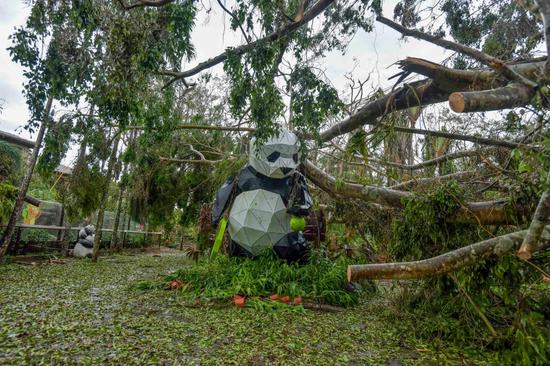
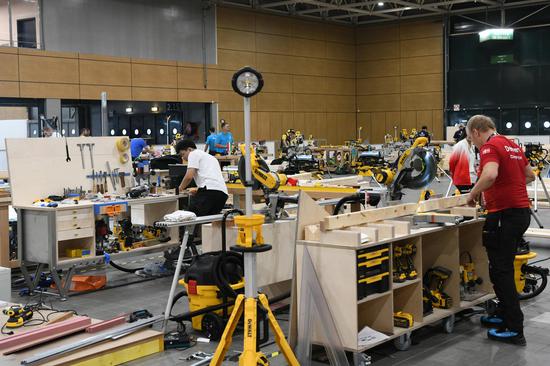




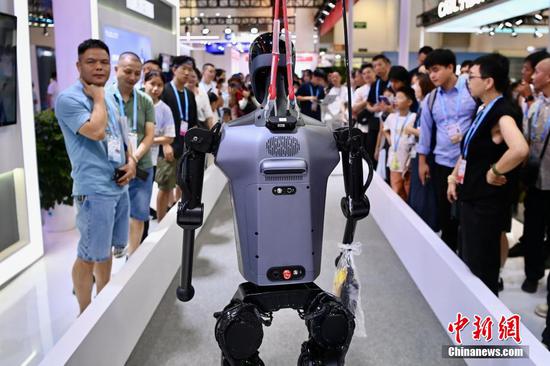
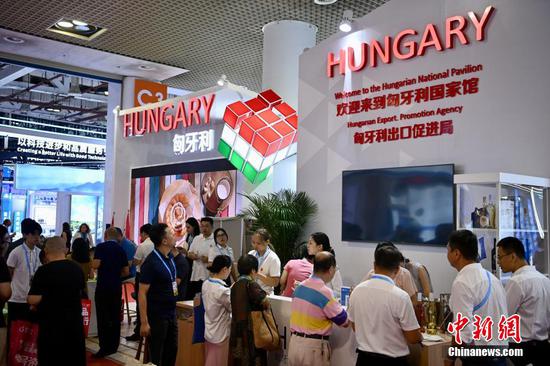
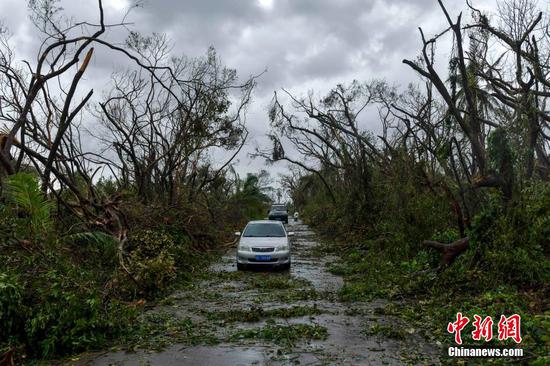



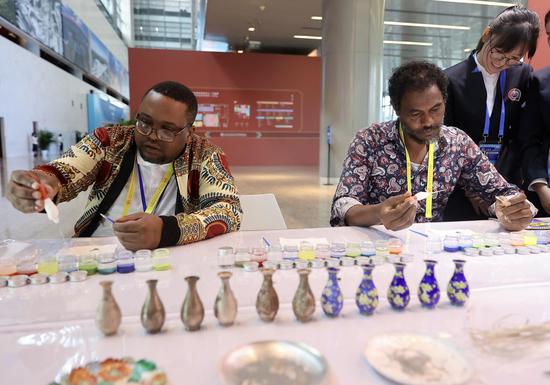


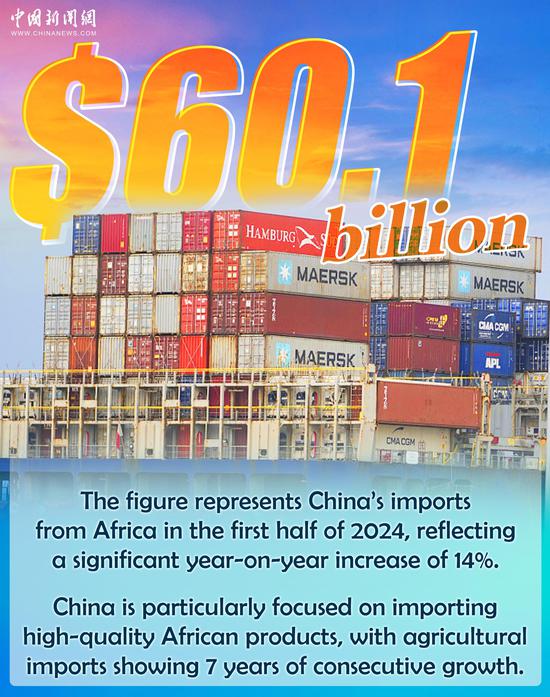
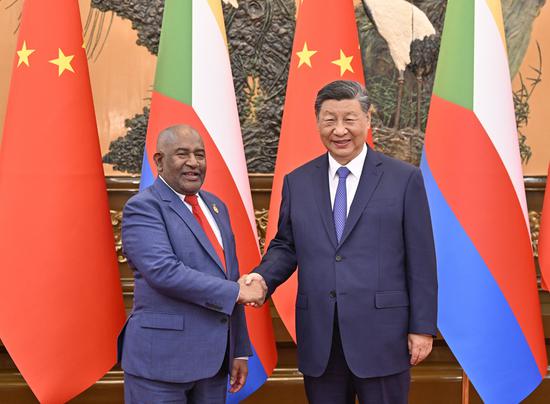
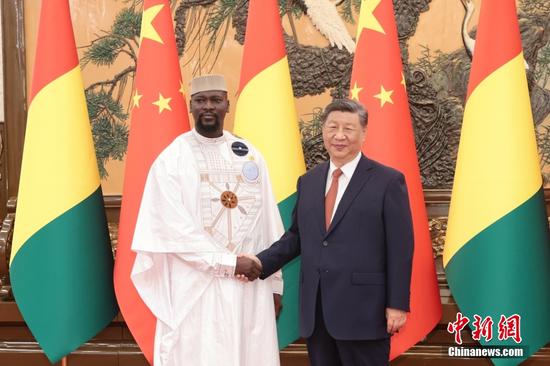
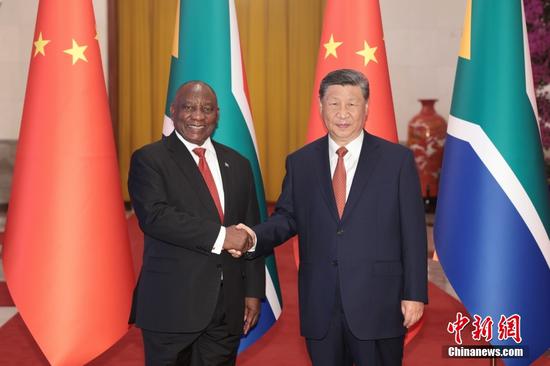
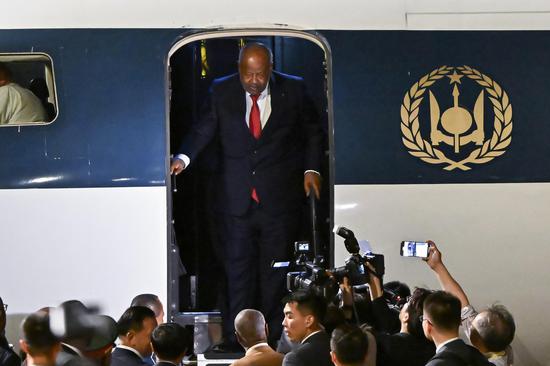
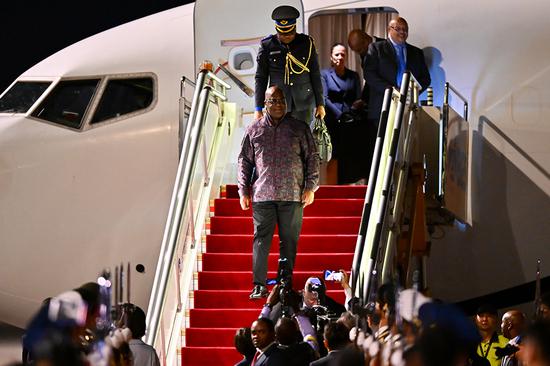

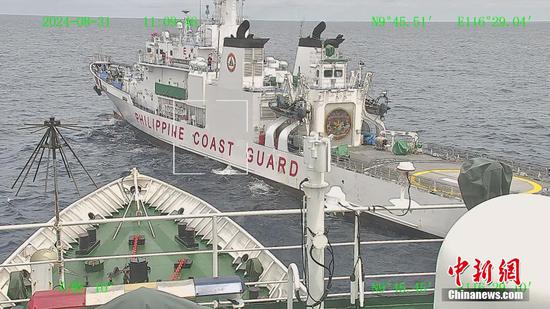
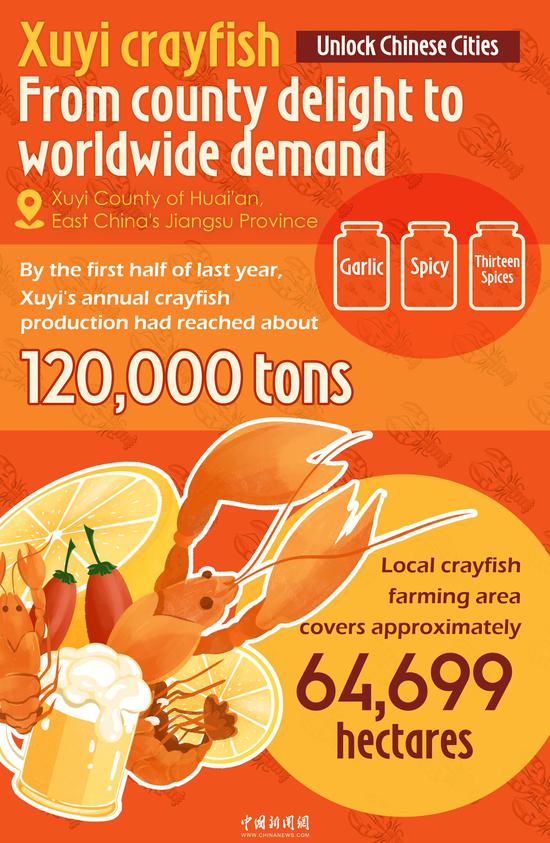

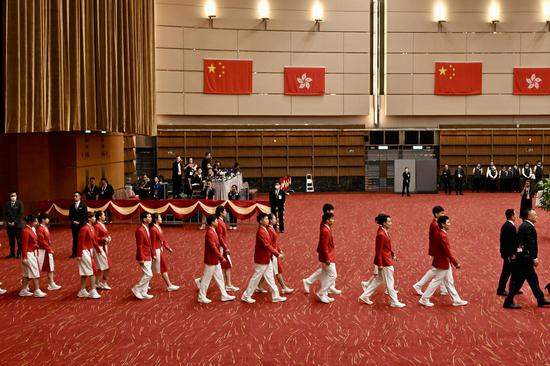











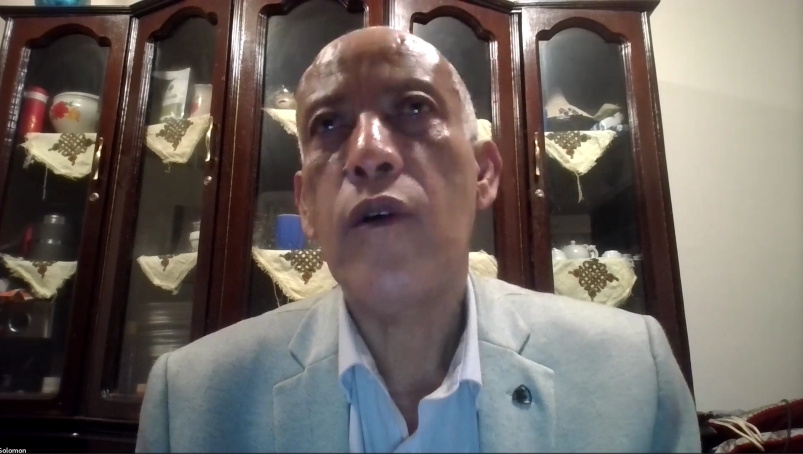

 京公网安备 11010202009201号
京公网安备 11010202009201号